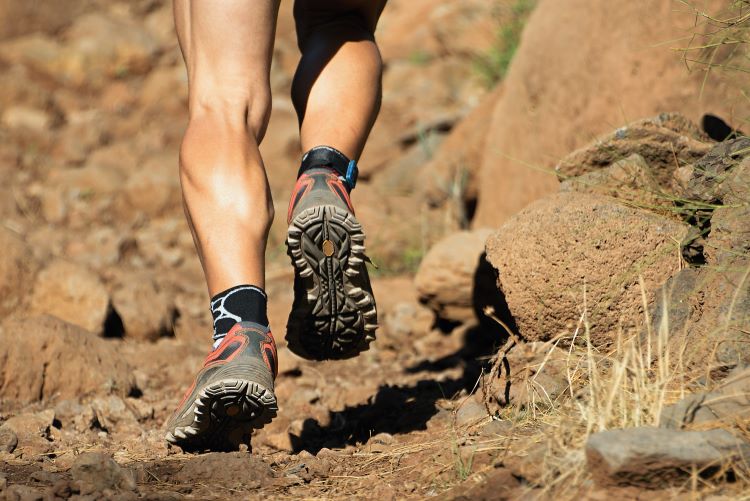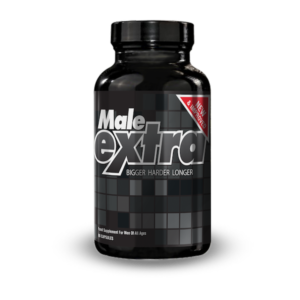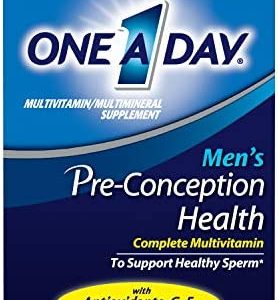Trail shoes vs road shoes: what type of running shoe is best for you?
Investing in a set of running shoes isn’t as simple as finding a colour and design you like and ordering them in your standard shoe size. As well as considering your running gait requirements and whether you need any additional support – while leaving a little wriggle room for your feet to expand on longer runs – you need to consider how and where you’re going to be using your new kicks.
In recent years, the understanding that off-road running puts less strain on your joints has seen the popularity of trail running shoes explode. But what exactly are they? And how do they differ from their road-based counterparts?
In the market for some new running shoes? Try the New Balance Fuelcell SuperComp Elite V3
BUY IT NOW:
$230 / £220, newbalance.co.uk
Trail shoes vs road shoes: key differences
Cushioning
While there are plenty of variations in shape and style, the biggest difference that a runner will notice between trail shoes and road shoes is their feel.
“A classic ‘daily road running trainer’ is typically created to withstand the forces of landing on concrete and asphalt for hours on end, while remaining comfortable,” explains Simon Fitzmaurice, qualified running coach and a member of the sales team at The Running Works.
A raised heel section helps to minimise the impact when the foot strikes the ground, while a cushioned midsole takes some of the sting out of the roll-through. “This is repeated impact protection for maintaining forward momentum,” adds Fitzmaurice.
Trail shoes, meanwhile are made for running on everything but the hard stuff – whether that’s grass, gravel, mud or rock. And as the path isn’t always a dead-straight line, they’re built to be able to support a runner through a much broader range of lateral movements.
Pair your running shoes with the best shorts

Most road shoes are well-cushioned to negate the hard, unforgiving man-made surfaces they’re intended for
Ground feel
“An equivalent trail shoe tends to be created to allow for more ‘ground feel’ and ‘feedback’,” says Fitzmaurice, “which is important if a runner is looking to run over varied surfaces, inclines and unpredictable terrain.”
Trail shoes will do this by having less of a heel-to-toe drop and less cushioning in the midsole. While it might seem counterintuitive to have less cushioning on what is seemingly a harder surface, overall trails are much softer and easier on your joints than road running. Being able to adapt your running to the terrain is more important than comfort at all costs.
RELATED CONTENT:
“Trail shoes can also be quite specific, depending on their use,” says Fitzmaurice. “An ultrarunner who frequently mixes road and trail in their training may need a different shoe to a runner who specialises in technical short-distance sprints over the fells.” That specificity is also why they tend to be favoured by competitors in some of the world’s hardest running races.
While the uppers of most road running shoes are designed to be breathable and lightweight at all costs, trail shoes differ slightly to help them handle the task at hand. Most will come with a level of water resistance or even Gore-Tex waterproofing, making them ideal for wet or boggy conditions. Trail uppers are also made from more durable material, ensuring your feet stay protected from rocks and roots.
Sole design
The contrast between trail shoes vs road running shoes isn’t limited to their inner workings. There are some variations that are visible, too – most notably on the sole.
“[Trail] shoes are made with a greater application of outsole rubber or deeper lugs to allow for increased stability over grass and mud,” says Fitzmaurice. This additional rubber can add to the shoe’s durability in difficult terrain, preventing wear and tear. Lugs – essentially small, blade-like shapes that act as the shoe’s tread – can vary in depth to assist with grip, the deepest acting similarly to spikes or a football boot’s studs.
Although built to be durable, Fitzmaurice does warn that running in trail shoes on the road can have a negative impact on their lifespan. “Extended use of trail shoes on road surfaces can decrease the effectiveness of the outsole rubber prematurely,” he says.
The post Trail Shoes vs Road Shoes appeared first on MensFitness.
[ad_2]Article link
-
Virility Supplements
ONE A DAY Men’s Pre-Conception Health Multivitamin to Support Healthy Sperm
$14.99




